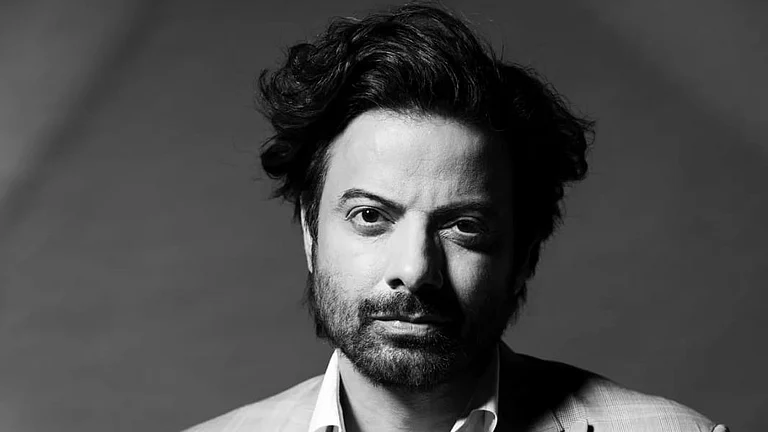The Karnataka government has supported the trial of a man accused of marital rape.
Amid the ongoing debate on marital rape, the Karnataka government responded in the Supreme Court to a plea by the accused against the Karnataka High Court order allowing his prosecution. Supporting HC order, the Karnataka government said the High Court had considered all related questions of law.
In its affidavit, the Karnataka government has sought dismissal of the accused's petition.
It said, "It is respectfully submitted that the petition is not maintainable either in law or on facts and the same requires to be dismissed in limine (a motion before the trial starts). It is respectfully submitted that the High Court of Karnataka has considered all the questions of law involved in the present petition and it does not require any interference by this court."
Referring to the case, the state government said whether the charge finally stands or not is a matter of trial and that the accused cannot be absolved at this stage despite the immunity against marital rape provided to husbands under Indian Penal Code (IPC).
Earlier on March 23, the Karnataka High Court had said that exempting a husband from allegation of rape and unnatural sex with his wife runs against Article 14 (equality before law) of the Constitution.
It had said, "If a man, a husband, a man he is, can be exempted from the allegation of commission of ingredients of Section 375 (rape) of the IPC, inequality percolates into such provision of law. Therefore, it would run counter to what is enshrined in Article 14 of the Constitution."
What is marital rape?
A marital rape is a rape within the marriage.
It's understood to be a sexual act carried out by one partner on the other without the other's consent.
Since Indian law, as per Section 375 of IPC, says only a man can rape a woman, marital rape in Indian context would mean that a husband carries out a sexual act on his wife without her consent.
However, IPC does not recognise marital rape and gives clear exemption to husband from prosecution.
Section 375 of the IPC lists the following exception to rape, "Sexual intercourse or sexual acts by a man with his own wife, the wife not being under fifteen years of age, is not rape."
Karnataka High Court on marital rape
The Karnataka High Court had dismissed the petition filed by the man seeking quashing of the proceedings of allegedly committing rape and unnatural sex with his wife and sexually harassing their daughter.
The sexual assault by a husband on his wife will have grave consequences on the mental state of the woman as it has both psychological and physiological impact on her, according to the high court.
"Such acts of husbands scar the souls of the wives. It is, therefore, imperative for the lawmakers to now 'hear the voices of silence'," the high court had said.
The judge observed that in the Victorian era women were denied the exercise of basic rights and liberties and had little autonomy over their choice and, also, their statuses were nothing beyond those of materialistic choices. They were treated as chattels, the court had said.
The petitioner's wife, who had lodged the complaint of rape and unnatural sex against her husband and also of sexually harassing his own daughter, stated she had become a sex slave to her husband right from the day of the marriage.
The apex court had, in an important order in September, held the meaning of rape must include marital rape for the purpose of Medical Termination of Pregnancy Act.
(With PTI inputs)


























